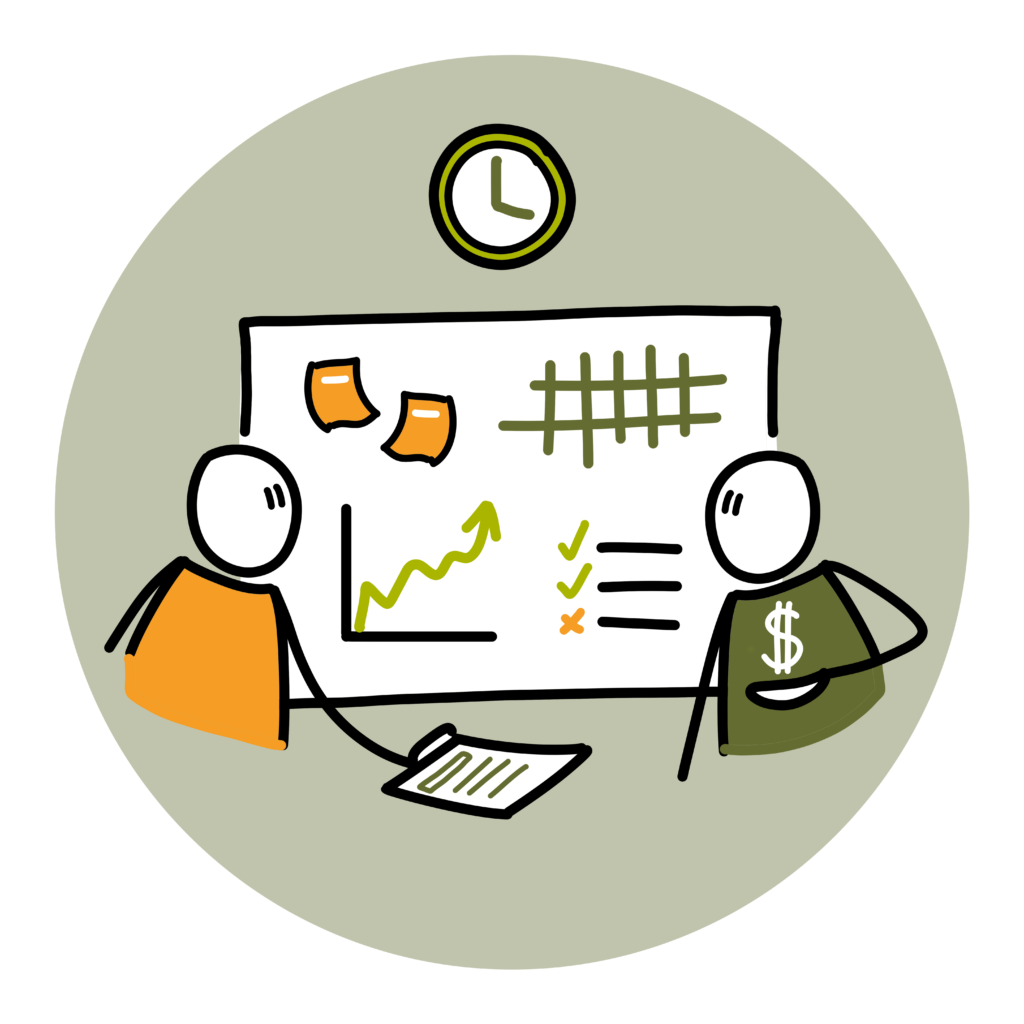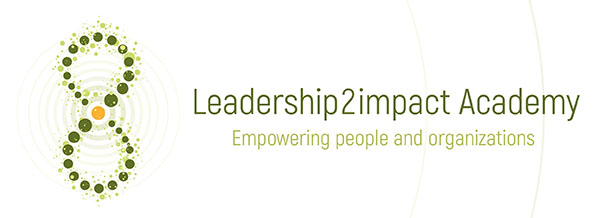The location for the workshops is depending on what is logistically favorable in terms of time, energy and investing. As an alternative we have a location at our Phazama Farm in Tsutsubega where the workshops also can take place.

“The P in PM is as much about ‘people management’ as it is about ‘project management’.”
— Cornelius Fichtner
In a world that is constantly changing, organizations change with it. They often deploy projects to bring about these changes. Projects are not only used when developing new products and building new structures, but also when implementing reorganisations, introducing new information systems, and organizing events. The popularity of project-based work in organizations has therefore continued to grow in recent decades.
Many times, you will work routinely during your job. Yet within companies, you see more and more project-based work as described above. But what does this actually entail? What is the difference between project-based work and routine work? And why approach something in a project-based way? What is the added value?
Project-based working has some specific characteristics. Project management uses processes, skills, tools and knowledge to complete a planned project and achieve its goals. It differs from general management because of the limited scope of a project, concrete deadlines, and specific deliverables.
“A project is a temporary collaboration of a number of people – often from different fields – to achieve a predetermined project result within a set time with a set budget.”
In all our workshops the link between theory and practice is central, allowing participants to apply what they have learned directly in their work.
Is this you?
You are managing, project managing, or otherwise responsible for planning and organizing and:
- having a hard time managing the project budget
- dealing with a client that constantly wants to change things
- having a hard time with responsibility and authority
- struggling to keep the team on track
- falling behind all the time
- constant in crisis management
- not having a good system for planning
- finding it difficult to plan and organize
- lacking time to plan
- disliking constraints
- having a perfect plan until the execution, and then it did not work at all
- there is always somebody or something messing up your or their plan!
program
- Introduction to Project Management
- Key Concepts and Terminology
- Project Lifecycle Overview
- Importance of Project Management in Organizations
- Project Initiation
- Defining Project Scope
- Stakeholder Identification and Management
- Exercise: Scope Statement Development
- Work Breakdown Structure (WBS)
- Scheduling Techniques (Gantt charts, Network diagrams)
- Resource Management
- Risk Management Basics
- Cost Estimation and Budgeting
- Quality Management
- Communication and Team Dynamics
- Building a Project Schedule
- Project Monitoring and Control
- Business Case
- Change Management
- Project Closure
- Leadership in Project Management
- Conflict Resolution
- Lessons Learned and Continuous Improvement
- Final Exercise: Case Study Analysis and Presentation
- Each session includes interactive discussions, case studies, group exercises, and Q&A sessions to engage participants actively.
- Providing resources like project management templates, tools, and recommended readings for participants to continue learning after the training.
EMPLEMENTATION
These components—clarifying goals, guidance on application, accountability check-ins, feedback sessions, reflection exercises, sharing practical insights, and continuous engagement—are vital for effective skill implementation. Managed by experienced mentors, coaching and mentorship, both offline and online, enhance their efficacy further. We can at this support to our offer if your organization has no recourses or the expertise available.
WHAT CAN YOU EXPECT AFTER THE TRAINING?
After following our training program your managers will:
- know how to plan and organize
- know how the responsibility and authority is established
- know how to effectively manage your time
- know their own planning attitudes and beliefs
- know how to prioritize
- know how to lead the project management team
- know how to handle change and disruption
- know how to handle negative influences on their planning
- know how to manage expectations
- know how to delegate
- know how to create a simple system for planning
- know all the elements needed for a good plan
- know how to effectively report
this is how we do it
Our philosophy on professional and personal development revolves around a holistic approach that encompasses both skill enhancement and personal growth. We believe that continual learning and growth are essential not only for professional success but also for leading fulfilling lives.
The workshops are mainly based on experiential learning. This is the process of learning by doing. By engaging participants in hands-on experiences and reflection, they are better able to connect theories and knowledge learned in the workshop to real-world situations.
What participants gain from experiential learning is:
- A better understanding of the course material
- A broader view of the world and an appreciation of the community around them
- Insight into their own skills, interests, passions, and values
- Positive professional practices and skill sets
- Self-confidence and leadership skills
practical information
With over 35 years of diverse experience spanning managing, consulting, teaching, training, and coaching, I bring a unique blend of theory and practical knowledge to every endeavor. Beginning my career in the military, I cultivated invaluable leadership skills that have been honed through subsequent roles in various industries. Transitioning to independent work, I discovered the power of self-leadership and its profound impact on personal and professional growth.
My approach centers on creating an engaging learning environment where individuals can thrive and apply newfound knowledge immediately. With a commitment to lifelong learning and continuous improvement, I leverage my wealth of experience to inspire and uplift those I work with, fostering a culture of growth and achievement.
Minimum of six and a maximum of ten.
The investment for the 3-day workshop is BWP 47,800 (0% VAT) per group (of max 10 participants).
Workbooks are BWP 175 per participant.
This excludes food, beverages, translator if needed, venue travel and accommodation expenses (if applicable).
All the trainings we offer can also be custom made to your needs. Ask us about the possibilities.
*THIS TRAINING IS ALSO BQA AND HRDC ACCREDITED.
